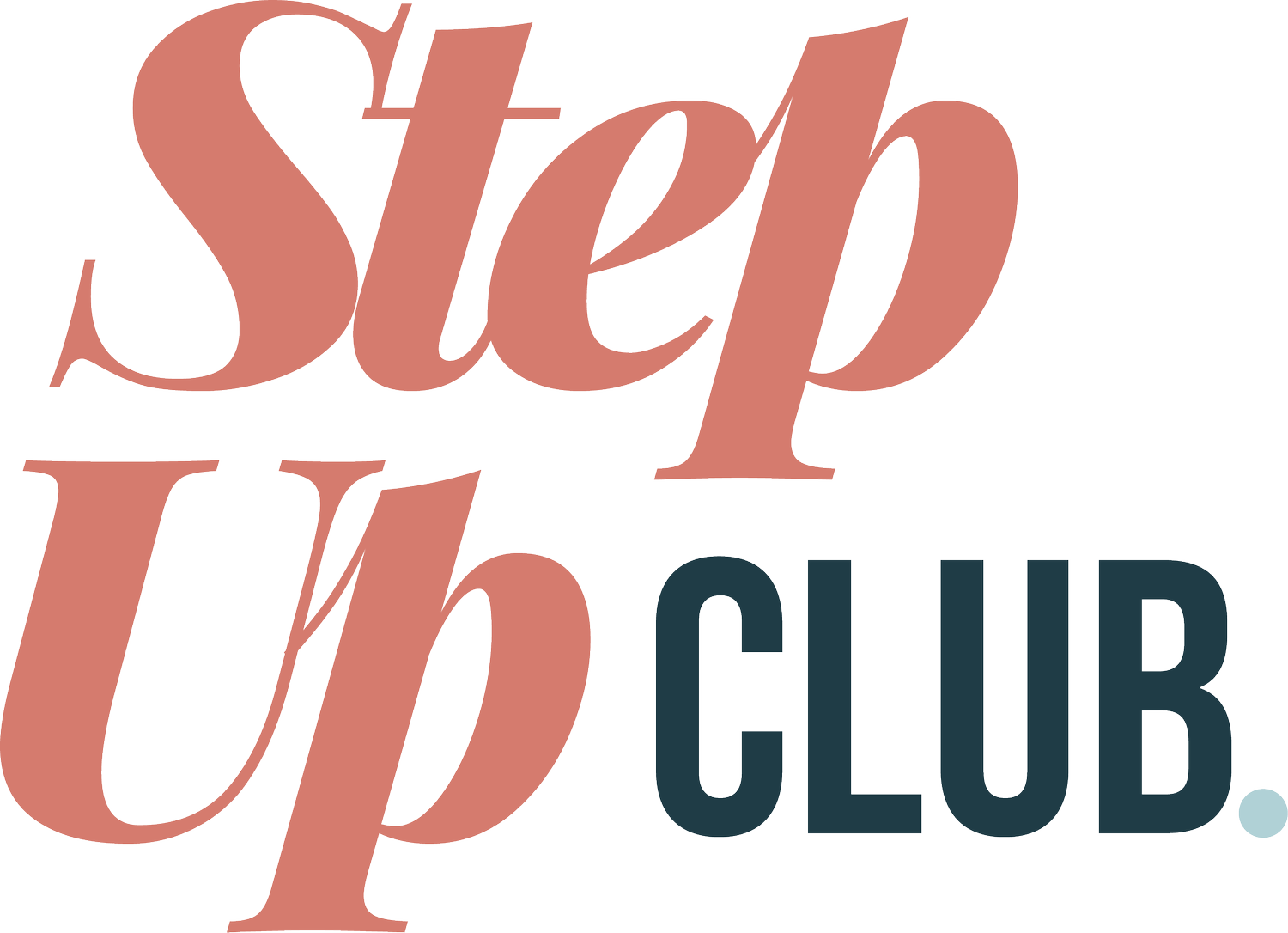I Set A Ballsy Boundary - Here’s What Happened
Boundaries: a word that has bounced about with increasing frequency since the pandemic. We need them. We want them. We know they are the route to calmer, more truthful, and usually happier working lives. But how do you put one in place in practice? (Psst, answer below, via my own recent experience…)
I unwittingly set the first proper work boundary that I can remember many years ago while I was covering a maternity leave (loved it by the way, the best 12 months - all gain, barely any pain). I had two small children of my own at home at the time and I needed to leave at 5pm on the dot.
I realised quickly that if I didn’t set that precedent for myself - and others - that it would invariably slip. However awkward it felt, and it did feel awkward, every day, I would start tidying up my desk at 4.55pm and be upright and ready to go at the dot of 5pm.
I seem to remember I shared some apologetic final words before I rushed to the lift, and began my cross-London commute home. After a week or so, it was Just What I Did. I knew it, my colleagues knew it. There weren’t many apologies after that. We all towed the line and my nanny was able to leave our home as agreed by 6pm.
I use that example repeatedly when I need to set a new boundary. For me, it isn’t the creation of the boundary that’s hard, it’s knowing that it needs setting, which I often struggle with.
Perhaps you are the same?
Something feels off, I keep on going.
Others start taking advantage, I keep on going.
Behaviour slips, I keep on going.
FYI I can apply these examples and many more, to my work and home lives with equal conviction and truth.
Last Thursday, I did something bold. The boundary I created, one I’d come to realise needed to be there whilst away over the summer, was around working for free.
I am not talking about pro-bono work here, rather I’m referring to jobs/gigs that use up my time, energy and mental load, but which pay me only in potential ‘exposure.’
Yes, this quid pro quo set up can work. I am not against it in principle. Many of our roles/jobs are inevitably strengthened by good, regular marketing. There are limits though, and I had more than reached mine.
My realisation was helpfully clarified by an email for a different, potential client that happened to fall into my inbox while my mind was debating things. In response to me enquiring about payment for a new opportunity, this other company, a provider of filmed workshops for corporate consumption, which had approached me in the first place responded like this:
For full awareness - we do not provide a fee for collaborating with XXX - instead we hope to create value for you and your practice by promoting you and your practice to our 250+ members.
Nope. No thank you.
That was an easy retort.
Harder, was the email stepping down from a gig I’d been doing for well over a year, with a company I really admire, agreed through a work colleague who I adore.
So to answer the question that I posed above, about how you actually create a boundary here are the steps I passed through:
Realisation: This can take a while, you might need a nudge from a friend/other
Guilt: We don’t always pass through this state, but it is useful to acknowledge that guilt can be there in the mix
Truth: I have said this many times before, boundaries aren’t about shutting people out, they’re an exercise in letting people in - be truthful, be honest, keep things transparent
Relief: This doesn’t always follow immediately, it will arrive in time though, know that - use it as your fuel
Repeat: You’ve done it once, you can do it again
How did my experience go? Beautifully, I have to say. I was totally open about my reasons, I made sure the tone of my email was positive, I shared lots of positives about our working relationship to date, I was clear, concise and hopeful for the future. Their response was equally complementary, yes they asked me to stay on until the end of the year (gentle retort from me), but there was a shared sense of collaborative achievement - and understanding.
I am sharing this because I want to reiterate the importance of you constructing (and crucially, upholding) your own boundaries.
Put yours in place and you will:
Protect your energy
Clarify your responsibilities
Preserve your physical and emotional wellbeing
Build a career that fits your values and standards
Learn to healthily prioritise of yours/others’ needs
Become part of cohesive, safe working relationships
Can you think of a boundary you might want to put in place this month? It doesn’t need to be anything big, start with achievable lines in the sand, and go from there.
